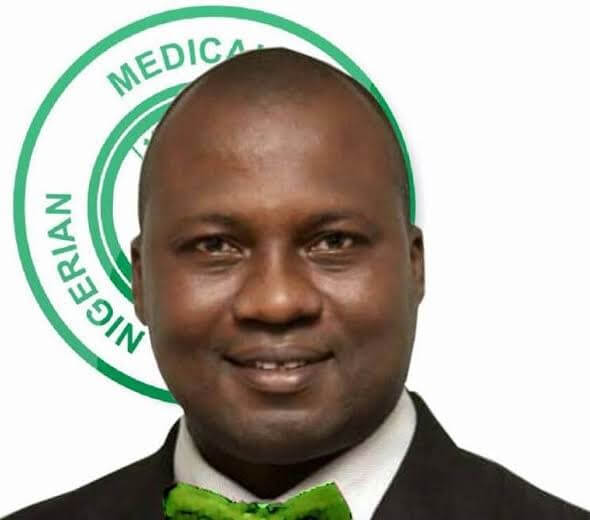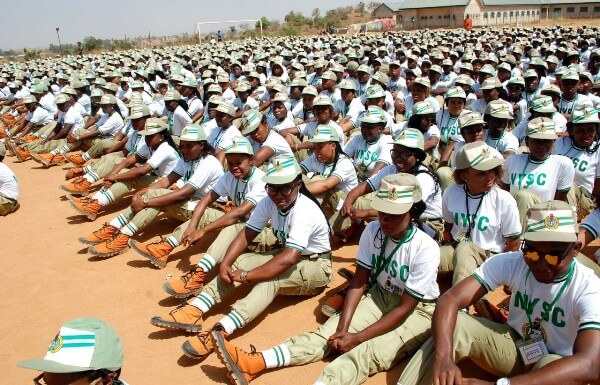‘The highest we’ve gotten was 6%’ — NMA president laments poor funding of Nigeria’s health sector

By Chinagorom Ugwu
Following the outbreak of the dreaded Corona virus in Nigeria, president of the Nigerian Medical Association (NMA), Francis Faduyile has lamented the poor funding of the Nigeria’s health sector.
Speaking with Aljazeera’s Inside story on Monday, Faduyile noted that the poor funding has resulted to inadequacy of medical consumables to contain the spread of virus adding that Nigeria and other African countries depend on importation of medical consumables from China and other countries.
The NMA president expressed dissatisfaction that despite the agreement reached by African leaders in 2001 to ensure a minimum of 15 per cent budgetary allocation to health sector, Nigeria has not complied with the agreement in her annual budget allocations.
He said, “For Nigeria in particular, we the health professionals have been complaining that the amount budgeted for health has been too meagre.
“Whereas African heads of states met in 2001 in Abuja, Nigeria and they (African heads of state) agreed that a minimum of 15% will be budgeted for health so that they can have a sustainable heath system. But I can tell you that Nigeria since 2001 has not gotten anywhere close to 15%. The highest we (Nigeria) have gotten was 6 per cent. And this has put the health sector in perennial underfunding. And because of this, many of the African countries including Nigeria depend on importation of the (medical) consumables.
“And because we don’t have enough fund in health system, some of the industries that are expected to be servicing the health sector to produce things like (face) masks, things like syringes, things like gloves are not going to break even if they are produced locally and this now becomes very obvious when there is an emergency and even before now China had locked down due to corona virus infection that started with them”.
This is coming barely a week after the federal government proposed a cut of 26.51 billion from 44.49 billion allocated to Basic Healthcare to bring it down to 17.98billion naira amidst protests and oppositions from different quarters such as Health workers and ASUU members who described the proposal as an evidence that government has not learnt anything from the COVID-19 pandemic on the precarious state of facilities in Nigeria’s health sector as well as education sector.
However, a crosscheck by Crispng.com revealed that although successive Nigerian federal governments have made increasing budgetary allocations to health sector, they are yet to meet the recommendation of the 2001 Abuja declaration that at least 15 per cent of yearly national budget be set aside for the health sector.
For instance, in 2013, Nigeria’s federal government budgeted 270 billion naira for the health sector, representing 5.5 percent of the year’s budget. In 2014, federal government budgeted 216.40 billion naira, representing 4.4 percent, 2015 had 237 billion budgeted for health sector representing 5.5 per cent of the total budget of 4.36 trillion. In 2019, 4.1 percent of the total budget was allocated to health while 2020 budget had 427.3 billion for health sector representing 4.5 percent of the total budget.
Comparatively, while Nigeria is yet to implement this agreement of 15 per cent budgetary allocation to heath sector, Crispng.com’s crosscheck indicated that Rwanda, Botswana, Ethiopia, Malawi, Gambia, Swaziland, Zambia have met the agreement reached exactly 19 years ago in Abuja, Nigeria.


